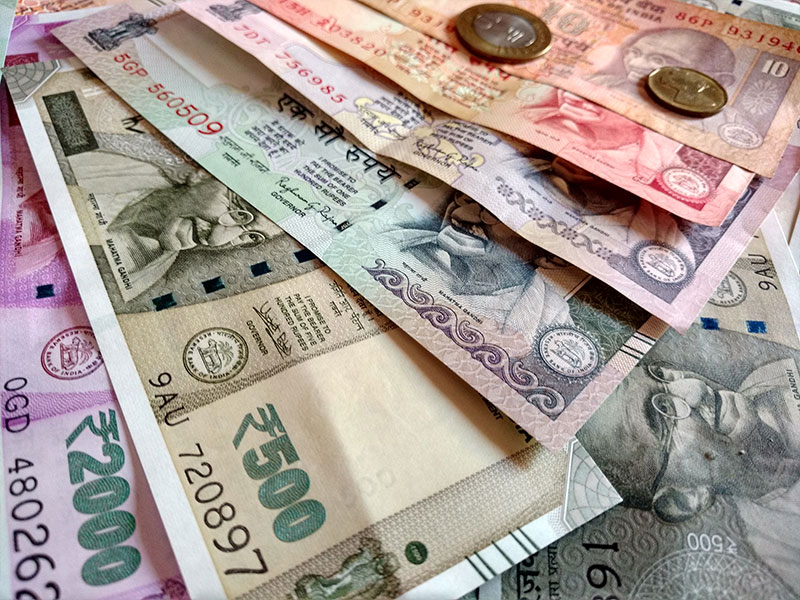
Currency derivatives are exchange-based futures and options contracts that allow those with a significant exposure to imports or exports, use these contracts to hedge against their exposure to a certain currency. In India, one can use such derivative contracts to hedge against currencies like US Dollar, Euro, U.K. Pound and Yen so as to manage any risk against foreign currency exchange rate volatility.
Before introduction of currency derivatives trade in stock exchanges for hedging currency risks, there was only Over the Counter (OTC) market where forward contracts were negotiated and entered into, normally between banks and financial institutions. Currently, the two national-level stock exchanges, BSE and the National Stock Exchange (NSE), have currency derivatives segments. The Metropolitan Stock Exchange of India (MSEI) also has such a segment but with very little volume. The exchange-based currency derivatives segment is regulated and transparent markets that can be used by anyone even individuals to hedge their currency risks. All leading stock brokers offer currency trading services and one can trade in currency derivatives through brokers. The currency derivative contracts were earlier settled only in Rupees now SEBI permitted the cross currency contracts as well on Euro-Dollar, Pound-Dollar and Dollar-Yen.
Related articles:
Revised guidelines on exchange-traded currency deliveries
What is a forward contract?
Forward contracts explained
Difference between a forward contract and futures
What are the cash rate, tom rate, spot rate, and forward rate?
How does a bank charges on early delivery or cancellation of forward contracts?
Revision of position long or short in currency derivatives
Related Posts:
Facebook
Twitter
LinkedIn
Telegram






